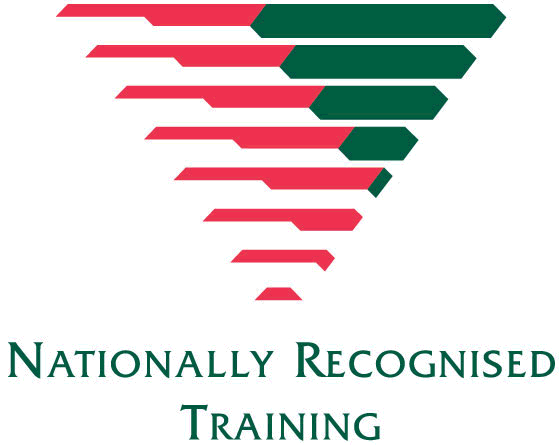Training is provided by flexible delivery. This means training will be delivered in a mode that best meets the individuals needs and includes a combination of face to face one-on-one training sessions, webinar training and/or group training sessions. Self paced study is required by the trainee to support learning and complete assessment tasks.
ECTARC trainees also receive support from their personal ECTARC Training and Development Officer by phone, portal messaging and email. ECTARC trainees have access to the online ECTARC Training Portal where they can access learning materials and submit assessments. Trainees will require access to a computer and the internet to undertake this course. Through the ECTARC Training Portal trainees can also:
– message their Training and Development Officer
– upload forms and documents
– view marked assessment tasks – students are notified as soon as an assignment is marked
– access resources – additional information and documentation to support learning.
The ECTARC Training Portal is available through secure market leading technology and students find it very easy to use. The ECTARC Training Portal increases communications with students and ensures valuable information is available when required and provides access to their student records 24 hours a day, 7 days a week. If for some reason you do not have access to the internet, please contact our office to arrange an alternative study solution. Hard copies of learning materials can also be provided on request.
ECTARC guarantees that a Training and Development Officer is always available to speak to Monday to Friday 9am to 5pm and Tuesday evenings 5pm to 7pm.
Workplace Supervisor
A qualified educator from the service is given the role of being the mentor/workplace supervisor to assist and guide the trainee/apprentice during the traineeship/apprenticeship. The mentor/workplace supervisor is also responsible for completing Third-Party Reports.
Employers allocated off the floor time
Employers allocate trainees/apprentices time off the floor to attend regular training with ECTARC and to complete study as part of their training contract.
Access to the Training Portal on completion
All students will have 14 days access to the ECTARC Training Portal after their course completion date to download content and any completed assessments for future reference. To download completed assessments, go to the relevant unit and click on the ASSIGNMENTS link to view your assessment tasks. Click on the assessment task you wish to copy and then right click on your mouse and choose the PRINT function. Change the destination from your printer to the PDF setting and click SAVE. If you have any questions regarding the saving of your online content, please call 02 4223 1111.


